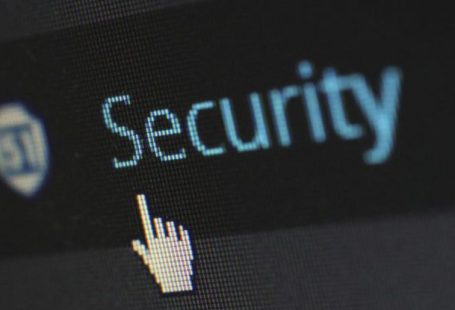In today’s digital age, the internet plays a significant role in our daily lives, providing us with endless information, entertainment, and connectivity. However, with the convenience and benefits that the online world offers, there are also risks that come with it. Cyber threats such as identity theft, phishing scams, malware, and data breaches are ever-present, making it crucial for individuals to prioritize their online safety. By implementing a few simple yet effective strategies, you can protect yourself from potential cyber threats and stay safe while navigating the vast landscape of the internet.
**Use Strong and Unique Passwords**
One of the fundamental steps in ensuring your online safety is using strong and unique passwords for all your accounts. Avoid using easily guessable passwords such as “123456” or “password” and opt for a combination of letters, numbers, and special characters. Additionally, it is essential to use a different password for each of your accounts to prevent a domino effect in case one of your accounts is compromised.
**Enable Two-Factor Authentication**
Two-factor authentication adds an extra layer of security to your online accounts by requiring you to provide a second form of verification, such as a code sent to your phone, in addition to your password. This additional step significantly reduces the risk of unauthorized access to your accounts, even if your password is compromised.
**Be Cautious of Phishing Attempts**
Phishing attempts are a common tactic used by cybercriminals to trick individuals into revealing sensitive information such as passwords, credit card details, or personal information. Be wary of unsolicited emails, messages, or links that ask for your personal information or prompt you to click on suspicious links. Always verify the legitimacy of the sender before providing any sensitive information online.
**Keep Your Software Updated**
Software updates often contain patches and fixes for security vulnerabilities that could be exploited by cyber attackers. Make sure to regularly update your operating system, web browsers, and applications to ensure that you are protected against the latest threats. Set your devices to automatically install updates to stay up-to-date with the latest security enhancements.
**Secure Your Wi-Fi Network**
Securing your Wi-Fi network is essential to prevent unauthorized access to your internet connection and the devices connected to it. Use a strong and unique password for your Wi-Fi network, enable encryption such as WPA2 or WPA3, and disable the broadcasting of your network’s SSID to make it more difficult for potential intruders to access your network.
**Be Mindful of the Information You Share Online**
Be cautious about the information you share online, especially on social media platforms. Avoid posting sensitive personal information such as your address, phone number, or financial details publicly. Review your privacy settings on social media accounts to control who can see your posts and limit the amount of personal information visible to the public.
**Use Secure Websites for Online Transactions**
When making online purchases or conducting financial transactions, ensure that you are using secure websites with HTTPS encryption. Look for the padlock icon in the address bar to verify that the website is secure before entering any payment information. Avoid making transactions on unsecured or unfamiliar websites to reduce the risk of falling victim to online scams.
**Regularly Backup Your Data**
Back up your important data regularly to protect yourself in case of data loss due to a cyber attack or hardware failure. Use external hard drives, cloud storage services, or backup software to create copies of your files and documents. By maintaining up-to-date backups, you can restore your data quickly in the event of an unforeseen incident.
**Conclusion: Prioritize Your Online Safety**
In conclusion, staying safe online requires a proactive approach and mindfulness about the potential risks that exist in the digital world. By following these simple yet effective strategies such as using strong passwords, enabling two-factor authentication, being cautious of phishing attempts, keeping your software updated, securing your Wi-Fi network, being mindful of the information you share online, using secure websites for online transactions, and regularly backing up your data, you can significantly reduce the likelihood of falling victim to cyber threats. Prioritize your online safety and take the necessary steps to protect yourself in the ever-evolving landscape of the internet.





